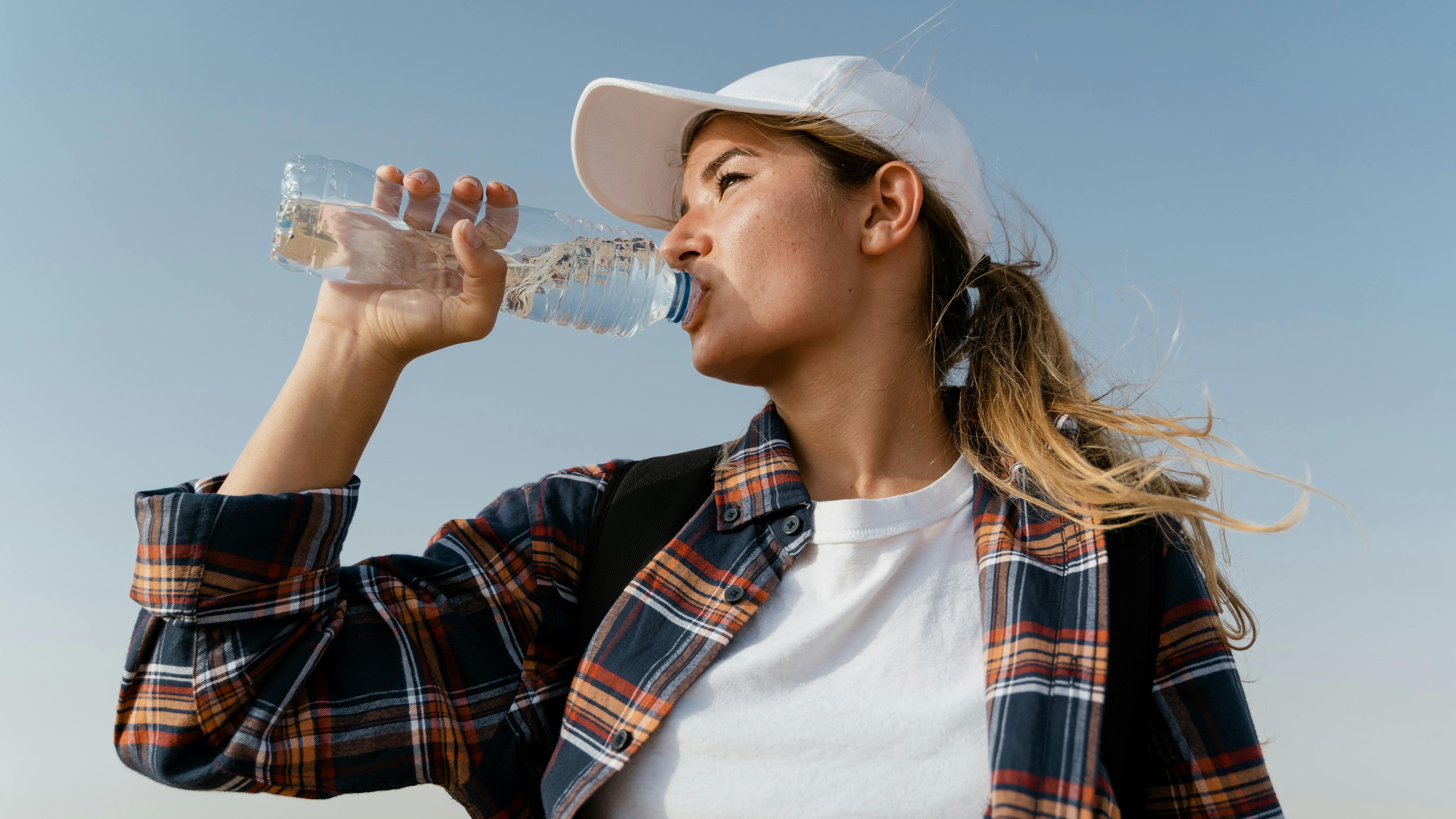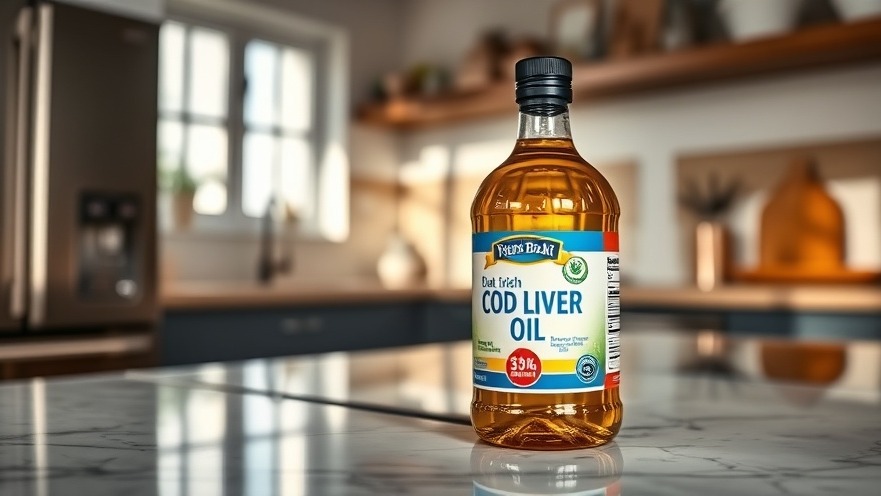
Rethinking Hydration: Expert Strategies for Better Water Absorption
Have you been approaching hydration all wrong? Nutrition coach Edie Horstman, founder of Wellness with Edie, suggests that drinking more water isn't always the solution to dehydration. Her expertise in women's health reveals that proper hydration requires more than just increasing water intake—it demands a balanced approach that optimizes absorption at the cellular level.
The True Meaning of Hydration
Contrary to popular belief, hydration isn't simply about drinking eight glasses of water daily. Effective hydration involves a precise balance of water, electrolytes, and minerals that allows your cells to properly absorb fluids rather than quickly eliminating them. Without this balance, you might find yourself constantly running to the bathroom without actually alleviating dehydration symptoms.
Horstman explains that proper hydration requires water absorption at the cellular level, which depends on key minerals:
Magnesium: Supports relaxation, digestion, and sleep while preventing muscle cramps
Sodium and potassium: Work together to maintain fluid balance
Calcium: Collaborates with other minerals to regulate hydration
Many people in America experience chronic, low-grade dehydration without realizing it. The symptoms extend beyond thirst to include:
Brain fog and decreased cognitive function
Dry skin and hair
Joint pain and reduced range of motion
Digestive problems
Your Lymphatic System: The Hidden Hydration Factor
Hydration isn't just about intake—it's also about how fluids circulate throughout your body. Your lymphatic system plays a crucial role in moving fluids, but it can become sluggish without regular activity.
To stimulate lymphatic flow and improve hydration:
Take short 5-minute walks after meals
Practice light yoga
Try dry brushing before showering
Use a gua sha tool to reduce water retention
Smarter Water Consumption Strategies
If you suspect dehydration, resist the urge to chug water, which can overwhelm your system. Instead, try these optimization techniques:
Morning ritual: Begin your day with warm filtered water containing electrolytes to replenish what was lost during sleep
Sip strategically: Consume water slowly throughout the day rather than in large quantities at once
Pre-meal timing: Drink water 30 minutes before eating to prevent bloating
Incorporate hydrating foods: Add water-rich foods like cucumbers, tomatoes, and celery to your diet
Discover gel water: Consume foods containing "gel water," such as aloe, chia seeds, lychee, and cactus
Explore alternatives: Try bone broth, herbal teas, or collagen hot chocolate for varied hydration sources
Mineral boost: Consider adding a small pinch of salt to your water (if not on a salt-restricted diet) to enhance mineral content
Electrolyte Supplements: Do They Work?
Electrolyte powders can be beneficial, especially for replenishing minerals lost during exercise. When choosing a product, look for options without added sugars that focus on providing essential electrolytes and minerals.
The information provided in this article is intended for general knowledge and informational purposes only, and does not constitute medical advice. It is essential to consult with a qualified healthcare professional for any health concerns or before making any decisions related to your health or treatment. This information is not a substitute for professional medical advice, diagnosis, or treatment. Always seek the advice of your physician or other qualified health provider with any questions you may have regarding a medical condition.
 Add Row
Add Row  Add
Add 




Write A Comment